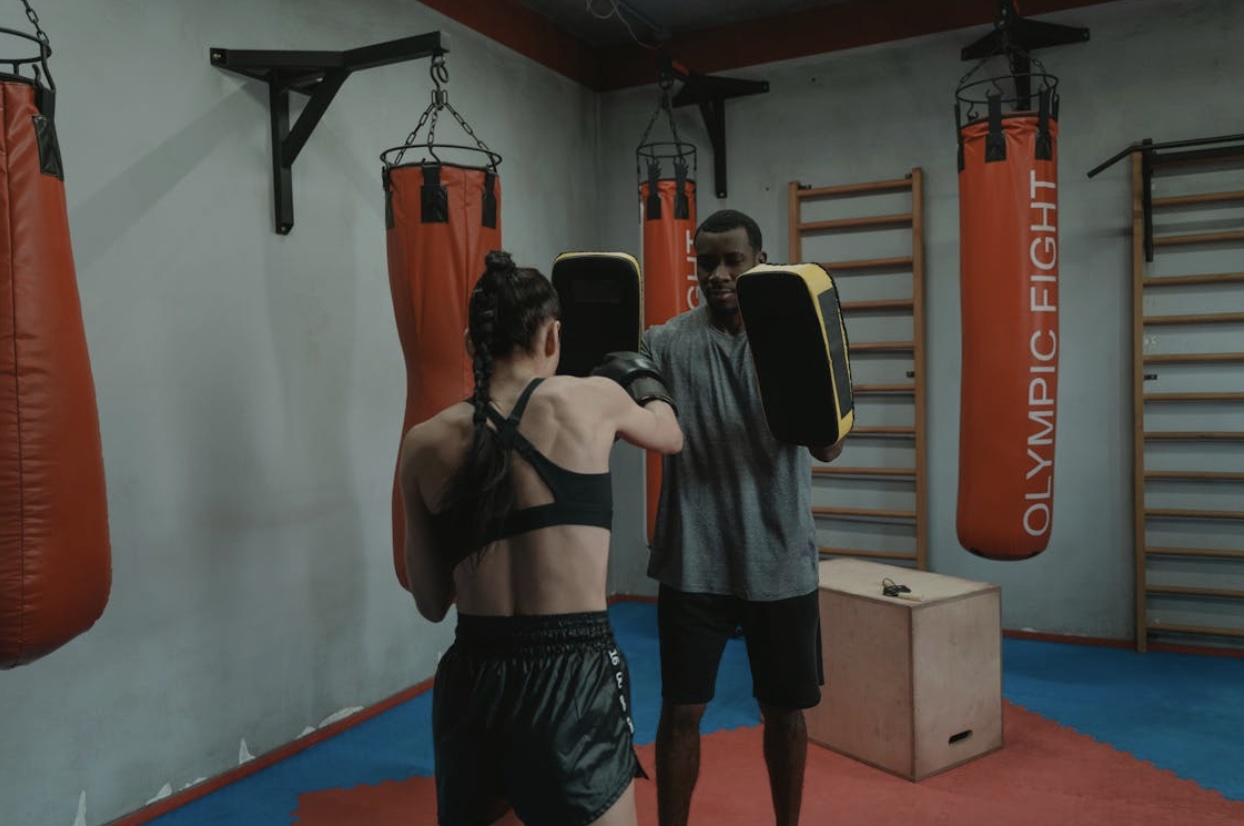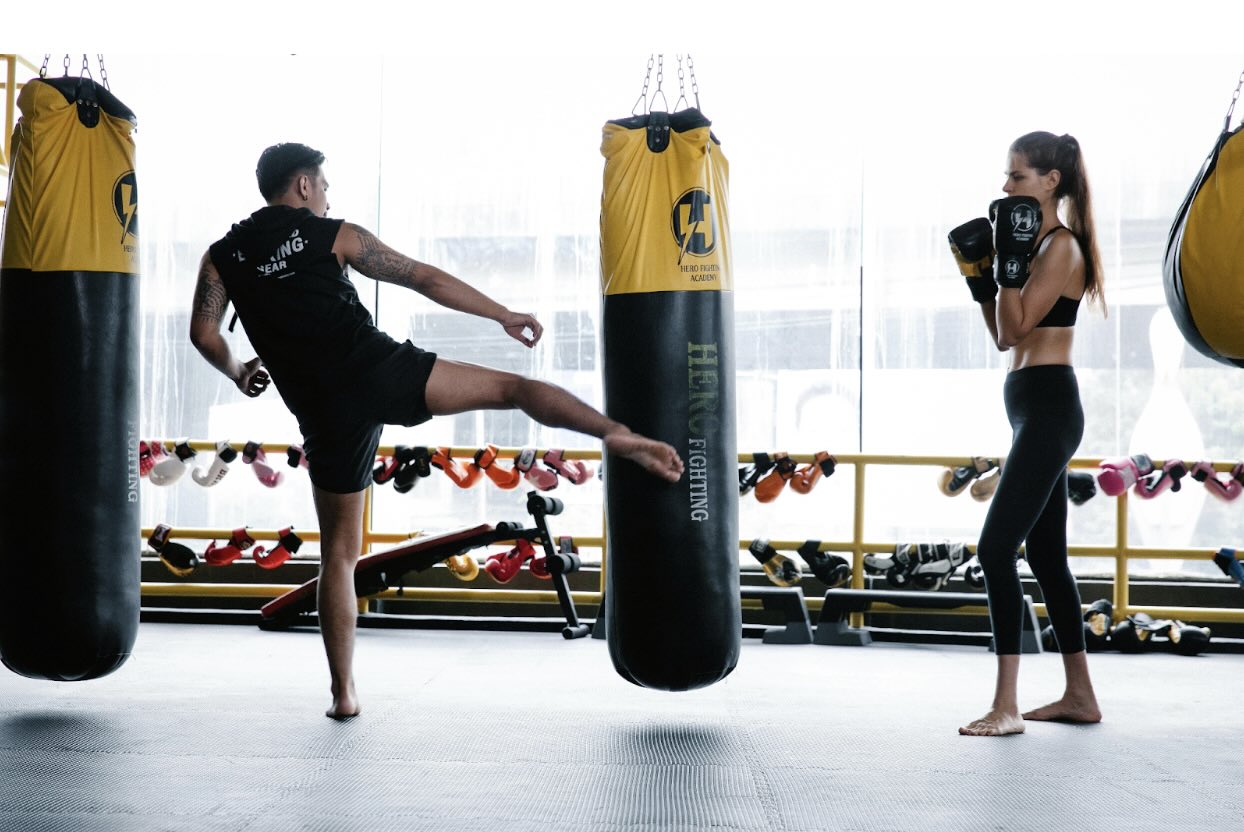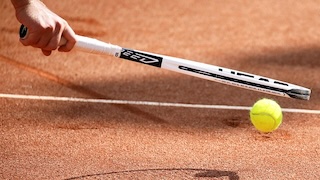Aug 14 (News On Japan) - Japan has long been known for its rich martial arts tradition. From the precise throws of judo to the striking artistry of karate and the high-paced battles of kickboxing, the country has produced countless fighters and styles that are respected worldwide.

In recent years, however, another combat discipline from abroad has been catching the attention of Japanese fans—Muay Thai.
While it is still far from overtaking established local sports, Muay Thai has been slowly building a presence in gyms, fight promotions, and fan conversations. Much of this growth is driven by exposure to international events and the ability to follow bouts in real time through resources like https://www.thsport.live/raka-muay.html, which offer updated match details and odds. For fans who enjoy keeping track of fighters beyond Japan’s borders, these tools help make the sport feel closer and more accessible.
A Shared Spirit Between Cultures
Japan’s respect for combat sports is rooted in discipline, tradition, and dedication to craft—values that align closely with Muay Thai. Known as the “art of eight limbs” for its use of fists, elbows, knees, and shins, Muay Thai demands both physical skill and mental resilience. This mirrors the philosophy found in many Japanese martial arts, making it easier for enthusiasts to appreciate the style.
Over the past decade, Japanese fighters have started incorporating Muay Thai techniques into their training, blending them with kickboxing or MMA. This has led to more gyms offering dedicated Muay Thai classes, especially in urban hubs like Tokyo and Osaka.
Where You Can Train in Japan
For those curious to try the sport, Japan now hosts a range of training facilities that cater to beginners and seasoned fighters alike. Some gyms focus purely on Muay Thai, while others mix it into broader martial arts programs. A few notable trends include:
- Cultural exchange programs where Thai trainers spend time coaching in Japanese gyms.
- Hybrid fight cards that feature both kickboxing and Muay Thai bouts, drawing fans from both communities.
- Beginner-friendly classes aimed at fitness enthusiasts who may never step into the ring but enjoy the challenge of training.
Events That Spark Interest
Live events are a major factor in growing the sport’s appeal. Small-scale local shows, often held in community gyms or compact venues, allow fans to see fighters up close. On a bigger scale, Japanese athletes competing in Thailand’s stadiums have brought visibility back home, especially when bouts are streamed online.
Social media has amplified this connection, with fighters and gyms posting highlight reels, behind-the-scenes clips, and training footage. For fans, this creates a constant feed of content that keeps interest alive between events.
The Digital Boost for Muay Thai in Japan
In an age where sports fans expect instant updates, digital platforms play a key role in keeping Muay Thai relevant. Websites that provide live results, match schedules, and betting odds help bridge the gap between the action in Thailand and fans in Japan. This mirrors how Japanese audiences follow sumo tournaments or baseball leagues, where detailed updates are part of the experience.
Online engagement also means fans can track fighters’ careers more closely, seeing not only who wins but how they adapt over time. This deeper understanding makes following the sport more rewarding.
Why Japanese Fans Are Paying Attention
Several factors explain why Muay Thai is resonating with Japanese audiences:
- Technical depth – The sport’s striking combinations and defensive tactics appeal to fans who value skill over pure strength.
- International exposure – More Japanese fighters are competing in Thailand, and international promotions are featuring Japanese talent.
- Fitness crossover – Many people discover Muay Thai as a workout before becoming full fans of the sport.
While Muay Thai is still relatively niche, these elements suggest steady growth in interest rather than a passing trend.
Challenges to Wider Popularity
Despite the progress, Muay Thai faces hurdles in Japan. The dominance of kickboxing, especially with the popularity of promotions like K-1, means Muay Thai must work harder to capture mainstream attention. Additionally, language barriers and cultural differences can make it harder for casual fans to fully connect with Thai-based content.
However, as more Japanese fighters gain success abroad and as training opportunities expand, these challenges may lessen over time.

Looking Ahead
The future of Muay Thai in Japan will likely be shaped by how well the sport continues to integrate into the country’s existing combat sports culture. Collaborations between Thai and Japanese promotions, exchange programs for fighters, and increased media coverage could all help.
If the current trend continues, it would not be surprising to see more Japanese fighters making a name for themselves in Thailand and inspiring a new generation of fans back home.















